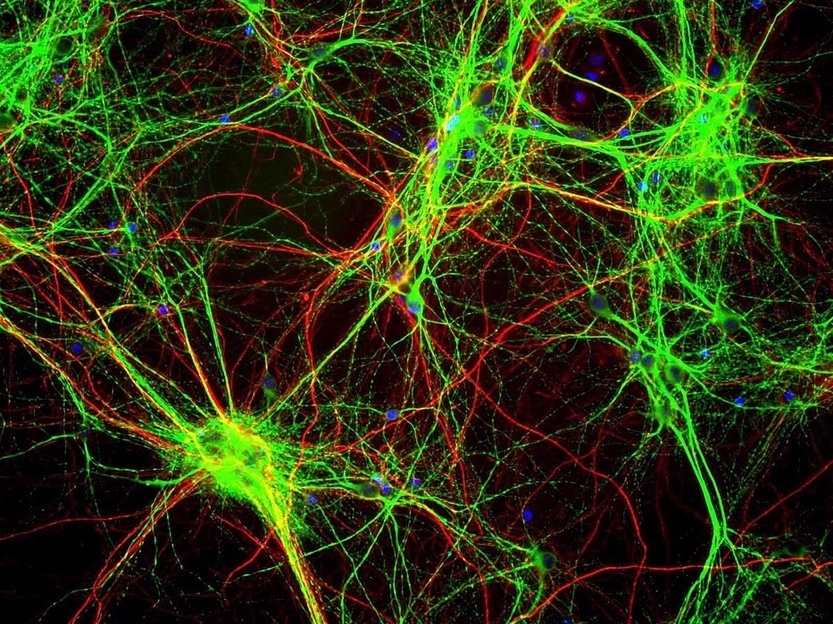Scientists Grow Transplantable Artificial Axons in the Lab
Marlene Breverman stashed this in Neurology Tech
Penn State scientists have developed artificial axons that could be used to replace the broken axon pathways and neurons in the brains of individuals who have suffered head trauma.
http://futurism.com/scientists-grow-transplantable-artificial-axons-lab/

Stashed in: Science!, Brain, Awesome, Medicine
Penn Medicine – News Release
Penn-Engineered Neural Networks Show Hope for Axonal Repair in the Brain, with Minimal Disruption to Brain Tissue
Technology Holds Potential to Benefit Patients with Damage to Brain Connections Resulting from Brain Injury or Disease
http://www.uphs.upenn.edu/news/News_Releases/2016/01/cullen/

D. Kacy Cullen, PhD
It's pretty extraordinary that they figured out how to do this.
In a report by University of Pennsylvania Health System, Cullen said: “We hope this regenerative medicine strategy will someday enable us to grow individualized neural networks that are tailored for each patient’s specific need, [and] ultimately to replace lost neural circuits and improve brain function.”
However, these are just early results, and there have been no clinical trials on humans. As a result, it will be some time before this technique can be used.
Most neurodegenerative diseases affect the brain by destroying neurons and damaging axon pathways. Symptoms of most neurodegenerative diseases like Parkinson’s, Alzheimer’s, and Huntington’s disease (such as loss of motor skills, memory loss, and loss of brain function) are a result of this damage.






6:23 PM Jan 26 2016